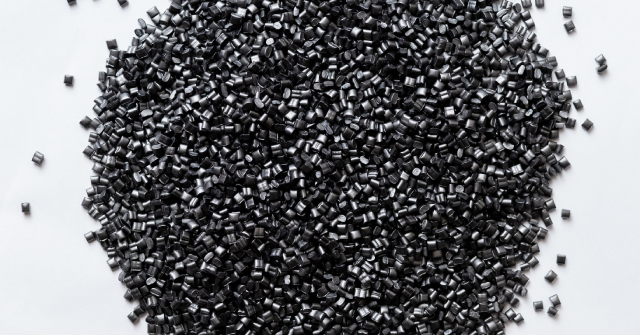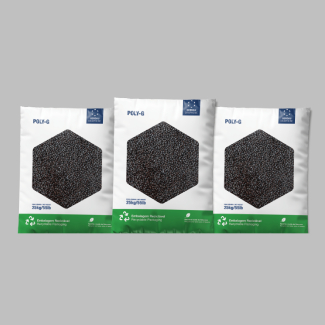Poly-G: The graphene masterbatch by Gerdau Graphene
It simplifies the uniform dispersion of graphene in polymers through various industrial processes.

About the Product


Poly-G transforms the production of films, profiles and sheets through extrusion, offering lighter, more durable products with a reduction of up to 40% in plastic content. Additionally, it improves its mechanical and thermal properties, allowing for more resistant and efficient final products.
It promotes the uniform dispersion of graphene in polymers, optimizing industrial processes.
We highlight the two products already available on the market: Poly-G PP, based on polypropylene, and Poly-G PE, based on polyethylene.
Poly-G transforms the production of films, profiles and sheets through extrusion, offering lighter, more durable products with a reduction of up to 40% in plastic content. Additionally, it improves its mechanical and thermal properties, allowing for more resistant and efficient final products.
It promotes the uniform dispersion of graphene in polymers, optimizing industrial processes.
We highlight the two products already available on the market: Poly-G PP, based on polypropylene, and Poly-G PE, based on polyethylene.
Technical gains and benefits of Poly-G:
- Gas barrier
- Increased mechanical properties
- Increased thermostability
- Melhora na processabilidade
- Increased thermal and electrical conductivity
- COF reduction
- Increased UV resistance
Graphene interacts effectively with polymeric macromolecules, surpassing conventional fillers in modifying properties. Due to its high surface area, a small addition of this material to polymers results in notable improvements such as increased modulus of elasticity, tensile strength, thermostability, barrier properties and UV resistance, allowing the creation of lighter and more durable products.
Would you like to know more about using Poly-G? Sign up to get our complete technical sheet.
Gerdau Graphene has a portfolio of solutions. Discover our successful partnerships and learn how we can work in each sector.


